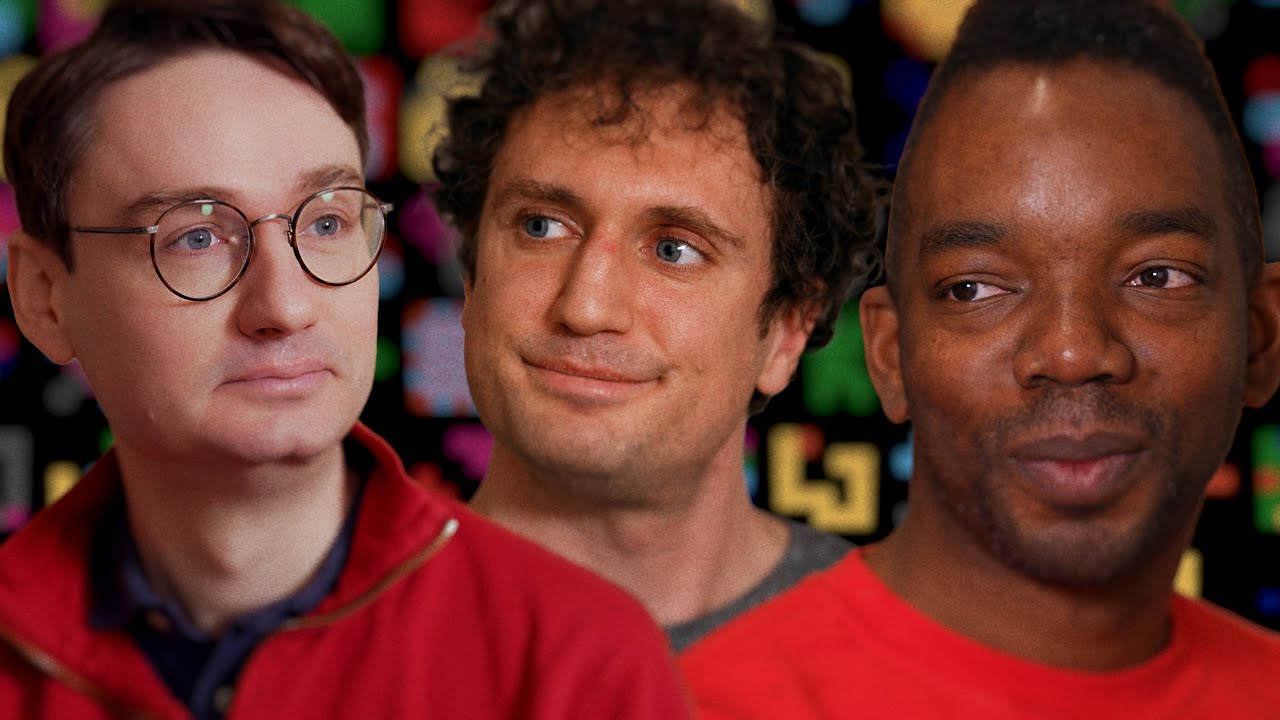In the discussion, François Chollet, Kevin Ellis, and Zenna Tavares explore the evolution of program synthesis, emphasizing the limitations of deep learning in discrete symbolic reasoning and advocating for hybrid systems that combine neural networks with traditional programming paradigms. They highlight the importance of improving learning mechanisms and representations, the potential for neural networks to assist in programming tasks, and the need for further exploration in the field, particularly through initiatives like the Automated Reasoning Challenge (ARC).
In the discussion, François Chollet, Kevin Ellis, and Zenna Tavares delve into the concept of program synthesis, exploring its evolution and the challenges faced in integrating deep learning with symbolic reasoning. Chollet shares his journey from initially believing that deep learning could replace traditional programming to recognizing its limitations, particularly in tasks requiring discrete symbolic reasoning. He emphasizes that while neural networks excel in pattern matching within continuous spaces, they struggle with discrete problems, leading him to advocate for program synthesis as a more effective approach for certain tasks.
The conversation shifts to the importance of learning mechanisms and representations in program synthesis. Chollet argues that the primary bottleneck lies in the learning mechanism rather than the representation itself. He suggests that while neural networks can handle continuous problems effectively, they are not the optimal choice for discrete tasks. The discussion highlights the need for better representations and learning methods that can bridge the gap between neural networks and traditional programming paradigms, potentially leading to hybrid systems that leverage the strengths of both approaches.
Chollet and Ellis discuss the potential for integrating neural networks more deeply into programming languages, envisioning a future where neural networks could assist in debugging and program execution. They explore the idea of using neural networks to guide discrete searches and improve program synthesis by allowing for more flexible and adaptive execution of code. This integration could lead to more efficient problem-solving and a better understanding of how to represent and learn complex programs.
The conversation also touches on the current state of program synthesis research, with Chollet noting that while large language models (LLMs) have gained prominence, there is still value in revisiting classical techniques. He believes that the future of program synthesis will likely involve a combination of learned and symbolic approaches, with an emphasis on understanding the underlying semantics of programs. The discussion highlights the importance of scaling and infrastructure in supporting these advancements, suggesting that the field is still in its early stages and requires further exploration.
Finally, the trio discusses the ARC (Automated Reasoning Challenge) project and its implications for understanding generalization in AI. Chollet emphasizes the need for tasks that require strong generalization and compositional complexity, which are essential for advancing AI capabilities. They propose that while ARC remains a valuable framework for testing AI systems, there is also a need to explore new tasks that encourage active learning and experimentation. The conversation concludes with a recognition of the ongoing challenges in program synthesis and the potential for future breakthroughs as researchers continue to refine their approaches.
